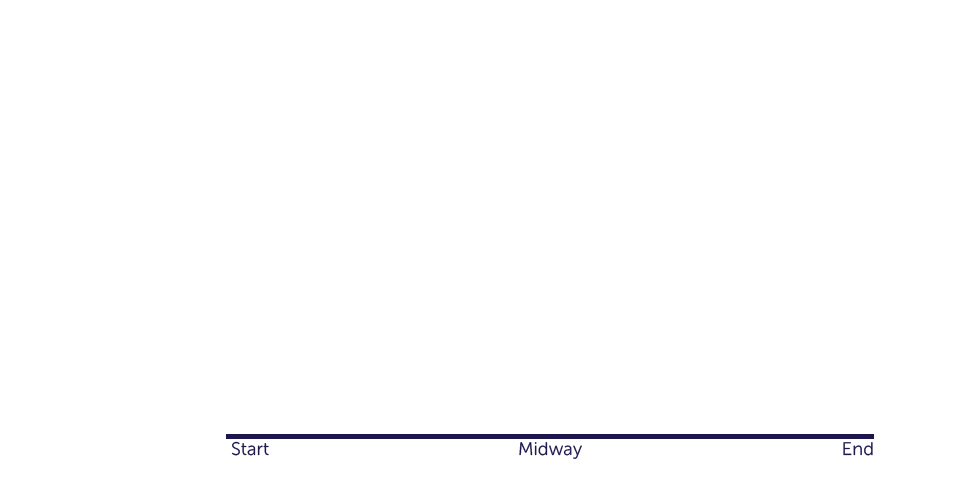Why Graduation for Persons of Concern
While the number of Persons of Concern around the world and the length of time spent in displacement continue to increase, the amount of humanitarian funding and aid available pale in comparison to this need. More must be done to build self-reliance among the poorest of refugees. Developed over the past decade to address the unique needs of vulnerable people living in extreme poverty, the Graduation Approach is a sequenced and time-bound intervention that aims to help such people build resilience and engage in sustainable livelihoods.
The Graduation Approach is uniquely adaptable to the local context, with innovations for rural, urban, camp, and settlement settings, as well as wage and self-employment livelihoods. Many humanitarian and development organizations are already offering several of its components. However, through a participant-centered delivery, Graduation ensures that the right participant gets the right services at the right time. Additionally, Graduation is more cost-effective over time when compared to traditional humanitarian programming.
The 4 pillars of Graduation, adapted from BRAC’s foundational pillars, address the vulnerabilities faced by Persons of Concern.
How Graduation Works
The Graduation Approach addresses issues of protection, economic inclusion and livelihood development through a carefully sequenced, multi-sector intervention that targets the poorest and most vulnerable households. The approach helps those affected by displacement sustain self-sufficiency by engaging in a series of overlapping steps:
- Initial consumption support for basic needs and access to savings will reduce the incentive of people recently displaced to sell off their remaining assets to help meet those needs.
- Access to coaching, networks of peers and community organizations, and local safety nets including social services available to host communities will help build social capital and integrate refugees into the local community.
- Access to opportunities to work and start businesses can foster resilience and self-sufficiency among refugee populations in cities, rural areas, and refugee camps, and enable them to lead dignified, independent lives.
- New technical and financial literacy skills can prepare refugees to successfully rebuild their lives in a new country, or even after returning to their home country.
The intervention is time-bound (generally 18-36 months) to avoid long-term dependence, but activities during the intervention set participants on a positive growth trajectory that continues after the end of the program by ensuring participants have access to and knowledge of markets, a savings buffer to support in case of future shocks, and a support system to ensure a longer-term pathway beyond poverty. For displaced populations, participation in Graduation means an improved financial position, greater ties to their community and connection to organizations and institutions that can be helpful to them even after they graduate from support.

There is often significant overlap between the pillars during implementation.
*For PoCs, trainings have been separated into core capacity building and technical skills training.
**New component explicitly for PoCs.
To learn more about the Graduation Approach, click here.
Banner photo: Sylvestre and Micheline (not their real names) attend a savings group training in Meheba settlement, Zambia. They were displaced from the DRC in 1999.
Our Services
The Refugee Affairs team partners with governments, NGOs, and institutions to support the design and implementation of high-quality Graduation programming for Persons of Concern.
LEARN MORE



